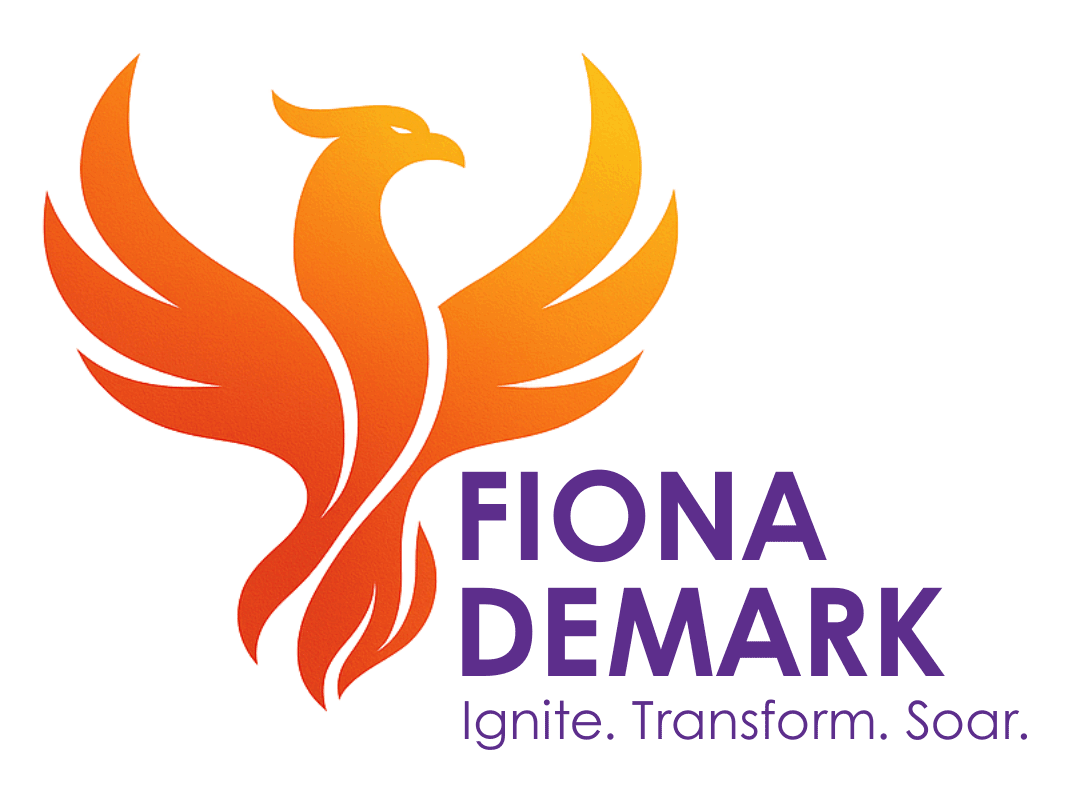Personal growth
Asking for Help is a Strength, Not a Weakness
You Don’t Have to Hold it All Together
We live in a world that glorifies the hustle, praises self-sufficiency, and often equates needing help with being “less than.” Especially for women — and even more so for those of us living with disability or other challenges — there’s often a deeply ingrained belief that we must be strong, capable, and completely independent at all times.
I know this because I lived it. Here’s why asking for help is a strength, not a weakness.

Asking for Help is a Strength, Not a Weakness
For much of my life, I believed that being fiercely independent was the only way to prove I was capable. As someone who is blind, I thought needing help would make others see me as weaker, less able. So I became the one who always said, “I’ve got it.” Even when I didn’t. Especially when I didn’t.
But here’s what I’ve learned: being strong isn’t about doing everything on your own. Real strength is knowing your limits, honouring your needs, and allowing yourself to lean on others when you need to.
We Weren’t Meant to Do It All Alone. Strength in Numbers.
Humans are wired for connection. We thrive in community, in collaboration, and in mutual support. Somewhere along the line, society started valuing the “lone wolf” narrative — but that’s a survival myth. No one makes it alone. And the truth is, we’re not supposed to.
When you give yourself permission to ask for help — whether it’s emotional support, practical assistance, or just someone to listen — you’re honouring your humanity, not betraying your independence. You’re making space for restoration, for breathing room, and for reconnection.

Why We Struggle to Ask for Help
Often, the fear of judgment, rejection, or being seen as “too much” keeps us stuck in silence. Our inner critic whispers, “You should be able to handle this,” or “What will they think if you can’t keep it together?” Our inner critic should be whispering, “Asking for help is a strength, not a weakness.”
Ability Thinking
This is where Ability Thinking comes in — the mindset practice of shifting our focus from perceived limitations to what is possible. When we reframe asking for help as an act of empowerment, we begin to see it not as a failure, but as a wise and conscious choice.
Just like rewiring an outdated program, we can choose new thoughts:
👉 “Asking for help creates connection.”
👉 “Letting others in makes me stronger.”
👉 “I can be independent and still receive support.”

Practical Ways to Let Go of the Lone-Wolf Mentality
Here are a few ways to gently practice reaching out and releasing the weight of doing it all:
🔹 Start small. Ask for a minor favour or accept help when it’s offered, even if part of you wants to decline “just to prove you can.”
🔹 Use mindful language. Try saying, “I’d love your help with this,” or “I could really use some support here.” The more you practice, the easier it becomes.
🔹 Reframe your internal story. Catch thoughts like “I’m weak if I ask” and replace them with “I’m being kind to myself by asking.” That subtle inner shift is everything.
🔹 Anchor into your values. Remind yourself that your worth is not tied to your output, your independence, or your performance — it’s in who you are, how you show up, and how you care for yourself and others.

Let Others In by Asking for Help — You’re Not a Burden
One of the most surprising lessons for me was discovering how much people want to help — not out of pity, but out of genuine love, respect, and the desire to connect. Allowing others to show up for you invites deeper relationships, trust, and reciprocity.
When we live from this space — when we apply Ability Thinking and trust that asking for support is a tool, not a weakness — we begin to create lives that are more balanced, peaceful, and connected.
Final Thought: You Are Allowed to Breathe
You don’t have to hold it all together.
You don’t have to be everything to everyone.
You don’t have to carry the weight of the world alone.
Give yourself permission to breathe, to ask, to receive.
Because taking care of yourself — and letting others support you — might just be the bravest thing you ever do.
If you are looking to gain confidence in asking for a help, a coaching session might give you strategies to getting started. I can assist you with this – visit my Coaching page or book in for a free 15 minute discovery session.

